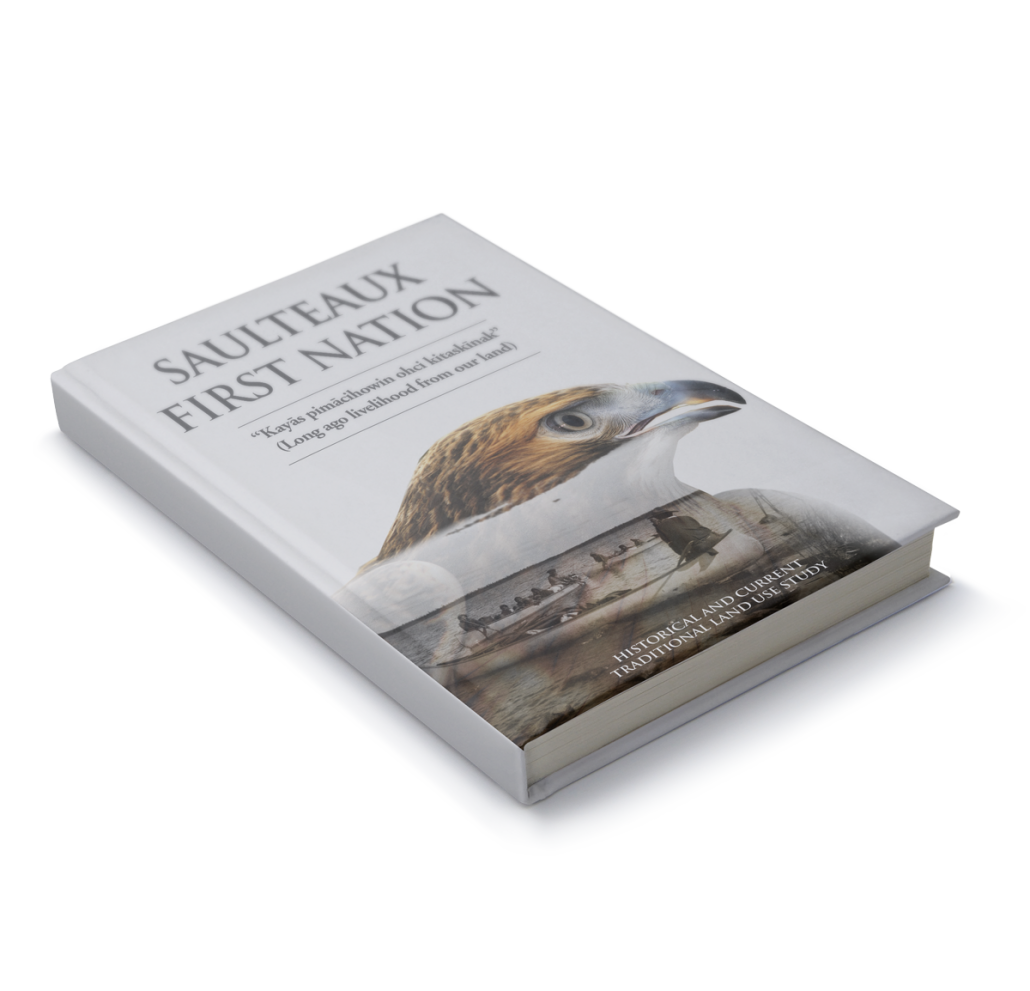TRADITIONAL LAND USE STUDIES
Traditional land use studies are necessary to understand Aboriginal economic systems, to assess damages and evaluate Aboriginal losses. These studies define and assess Aboriginal Rights as recognized in Section 35 of the Constitution because they “study” the practices, customs and traditions of your community. Therefore, with a Traditional Land Use Study on hand, the courts can better understand your Nation’s traditional way of life and the extent upon which your rights have been infringed.
Within the framework of Canadian Aboriginal law, Twin River Consulting produces historic and current traditional land use studies to identify and defend Aboriginal Rights, to tell a story to the youth and to preserve the land use for posterity. Twin River conducts a process that includes modeling ancient land use practices which emphasizes economic livelihood and health.
Because of the nature of Aboriginal rights, the livelihood of the pre-contact peoples is very important and critical to building complete studies. As such, the independent living societies that Aboriginal people had before contact must be taken into consideration in order to properly understand their historical and current land use area and rights. Our approach takes livelihood into consideration because without that element, much is missed and important Aboriginal and Treaty rights are overlooked. This approach also emphasizes the inherent rights of Aboriginal peoples as defined by the United Nations Declaration.
Twin River Consulting is focused upon Aboriginal Rights but we know that studies need to be alive and under the control and authority of the First Nation. In order to ensure the studies survive, we encourage First Nation personnel to play key roles in the study. Each study needs a coordinator and participation from the youth as well as an Elders or Community Supervisory Committees. We are also aware of the need for land use study capacity building within Aboriginal communities. Because of this, we work to provide opportunities for interested community members to take part in the creation of these extremely relevant projects.


